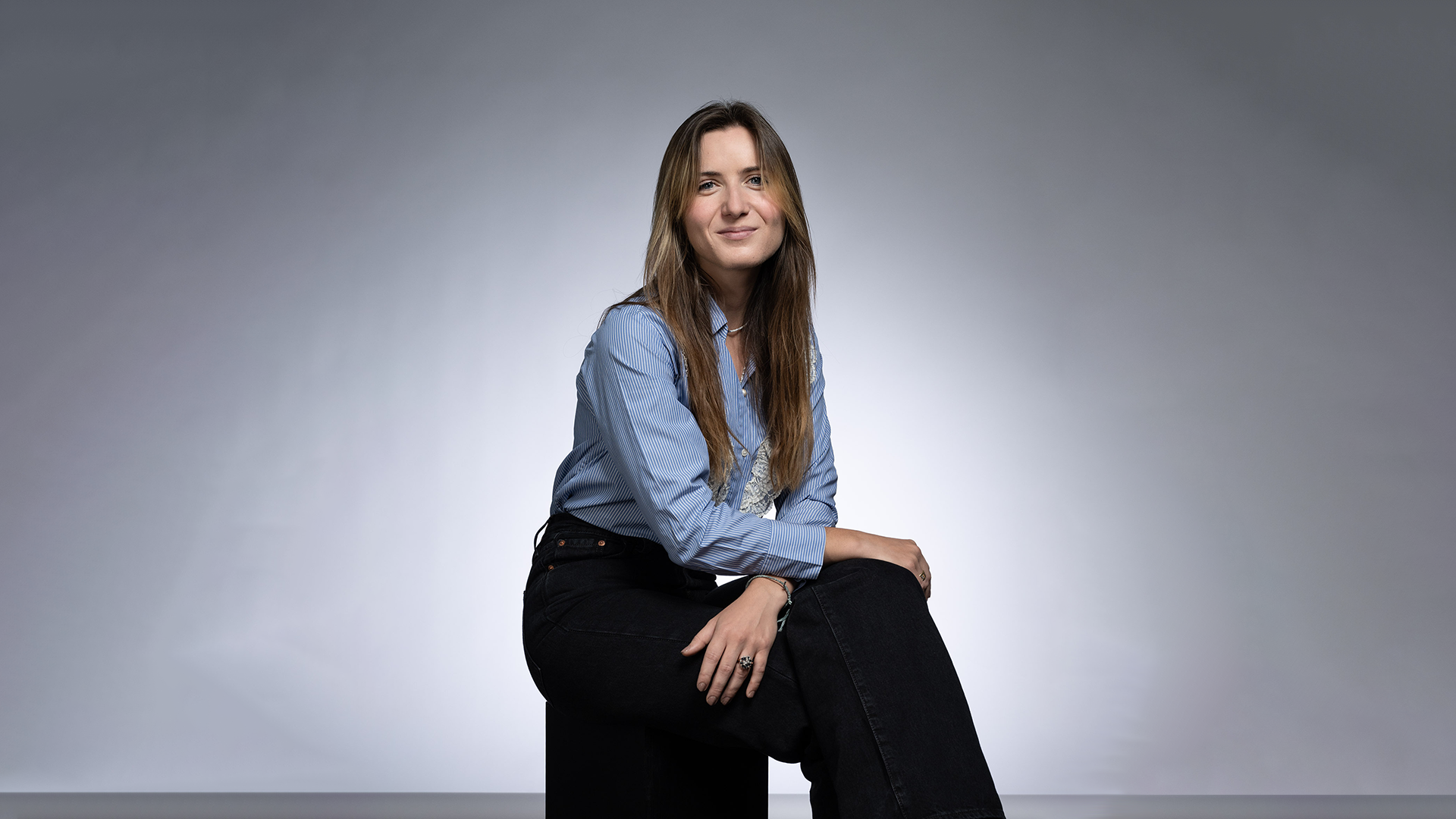After a dip in 2023, investments into quantum startups worldwide reached new heights in 2024 — reflecting a maturing sector and a move from research to commercialisation for a number of companies.
A report recently released by QED-C, a US-based quantum consortium, found that VCs poured $2.6bn into quantum technologies last year. That was a 58% increase from 2023, a year that saw funding for quantum drop dramatically, particularly in the US. The report estimates that governments around the world have also committed nearly $45bn to quantum technologies to date.
QED-C found that revenue from quantum hit nearly $1.5bn in 2024 and is growing on average 27% every year. This is still largely led by quantum computing, which the consortium found generated just over $1bn last year, compared to $375bn for quantum sensing technologies.
Quantum computing is only likely to catch the attention of more investors, and Europe has strong contenders in the space. Sifted asked VCs which quantum computing startups they are currently keeping on their radar, that aren’t already in their portfolios.
Juliette Ast, associate at Serena

Serena backs early-stage startups in AI, SaaS, climate tech and deeptech. Its latest fund includes a focus on quantum computing software.
Quantumz.io — Poland
While many quantum software companies push for full-scale quantum adoption, Quantumz is focusing on a transition to hybrid workflows. Its models bridge classical processing with quantum computing, enabling enterprises to run tasks on hybrid backends. This means they can leverage quantum speedups for specific tasks while retaining classical precision for others.
Isentroniq — France
Isentroniq is strategically positioning itself as the “TSMC of quantum” by tackling the infrastructure challenges of scaling qubits, rather than focusing on qubit design. The company develops wiring systems and 3D architectures for large-scale superconducting quantum computers, addressing scalability precisely when the technology transitions from lab prototypes to industrial production.
Qilimanjaro — Spain
While many quantum companies are chasing large-scale, fault-tolerant quantum computers, Qilimanjaro is pursuing practical quantum advantage today. The company focuses on analog quantum computing, an approach that is particularly suited to use cases like optimisation and material simulation. With a team of globally renowned quantum scientists, Qilimanjaro is well positioned to deliver near-term value.
Ian Lane, partner at Cambridge Innovation Capital (CIC)

CIC backs deeptech and life sciences companies, and invests in spinouts from the University of Cambridge.
Oxford Ionics — UK
Oxford Ionics is world-leading in the trapped-ion quantum computing approach. Its key innovation is the use of patented Electronic Qubit Control (EQC), which uses electronic fields instead of lasers to control qubits. This approach is exciting because it allows for more straightforward scaling using existing semiconductor manufacturing techniques. Oxford Ionics also hold world records for performance metrics like qubit fidelity.
Duality Quantum Photonics — UK
Bristol-based Duality Quantum Photonics builds integrated quantum photonics circuits. This consists of controlling and manipulating quantum states of light for various applications in quantum technologies, including quantum information processing. This could offer unique advantages for specific applications like ultra-fast data processing.
Phasecraft — UK
Focusing on quantum algorithms, Phasecraft is tackling the critical challenge of making commercial applications manageable on the simplest quantum computer possible. The company develops high-performance quantum algorithms designed to solve real-world problems, particularly in materials science (like battery development) and complex optimisation (such as energy grid management). It claims to dramatically reduce the depth of the quantum circuit required to solve practical problems, which makes them stand out from other players.
Nu Quantum — UK
A spinout from the University of Cambridge, Nu Quantum is taking a horizontal approach to quantum computing, building an architecture that allows quantum computers to network with one another. The technology works across different modalities in the same way as classical networking has succeeded.
Etienne Moreau, partner, Supernova Invest

Supernova Invest is a VC firm based in Paris, investing in European deeptech startups from seed to late stage.
Silent Waves — France
A major challenge in quantum is ‘readout’ — the process of extracting relevant information from quantum states, which are characterised by faint and noisy signals. Grenoble-based Silent Waves has developed an ultrasensitive signal processing technology that detects weak signals by filtering out noise in real time. It opens up new possibilities in both quantum computing and sensing, for example in medical imaging and non-invasive diagnostics. The company has already sold hundreds of devices to research centres and quantum computing startups.
Delft Circuits — The Netherlands
Quantum computing faces many scaling issues. But while the industry often focuses on increasing the size of processing units, there is another limiting factor to the development of large-scale machines: the systems used to manipulate and control qubits, known as control electronics.
Delft Circuits builds cabling hardware for quantum computers, which can be wired into the device to control qubits within the processor. Its technology is both scalable and reliable, positioning it as a key enabling technology.
Kipu Quantum — Germany
At the end of the day quantum is not about hardware but about performing calculations at unprecedented speed. Kipu Quantum creates the software to power quantum computers, developing tailor-made quantum algorithms for different applications. The company works with European industrial players, helping them identify use cases that are already accessible with the first commercially available machines. Sitting between hardware providers and end-users, Kipu Quantum will be instrumental to develop an ecosystem of useful quantum computing algorithms.
Read the orginal article: https://sifted.eu/articles/10-quantum-computing-startups/


